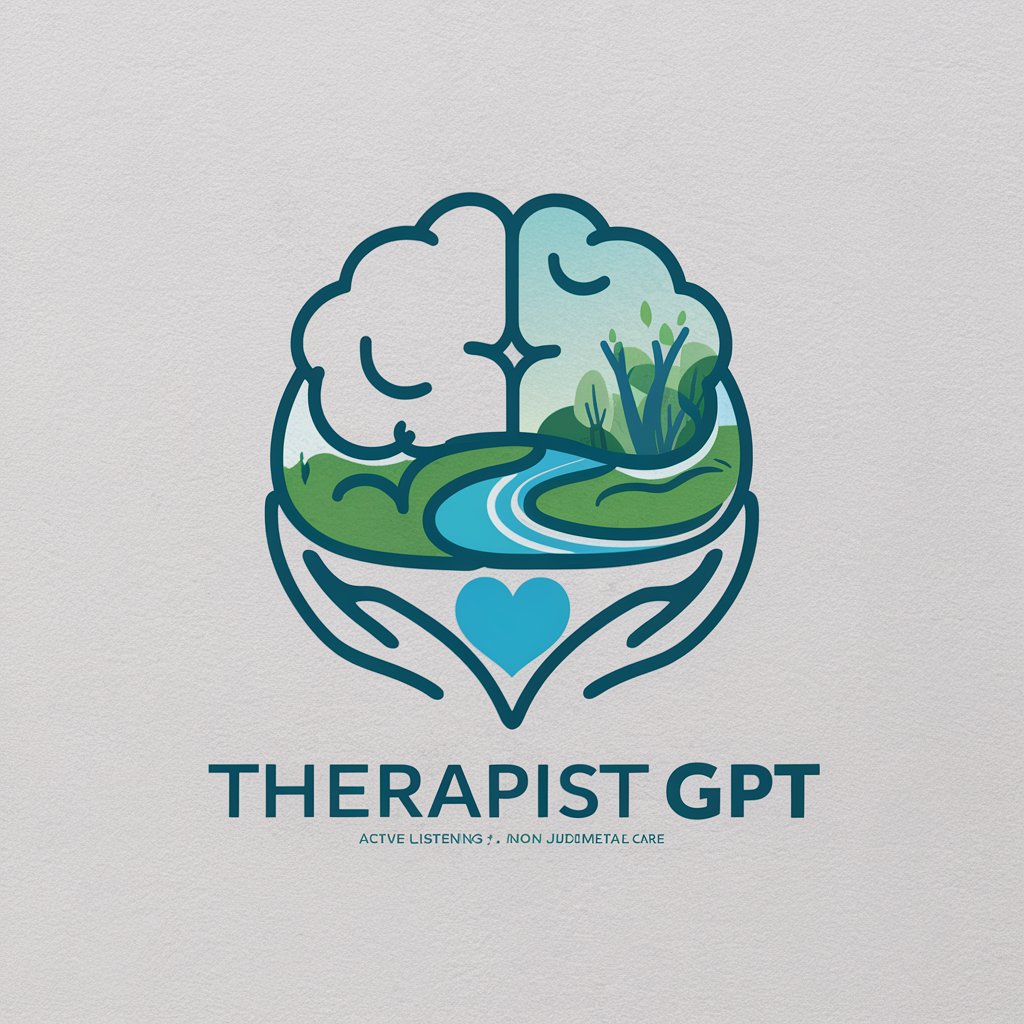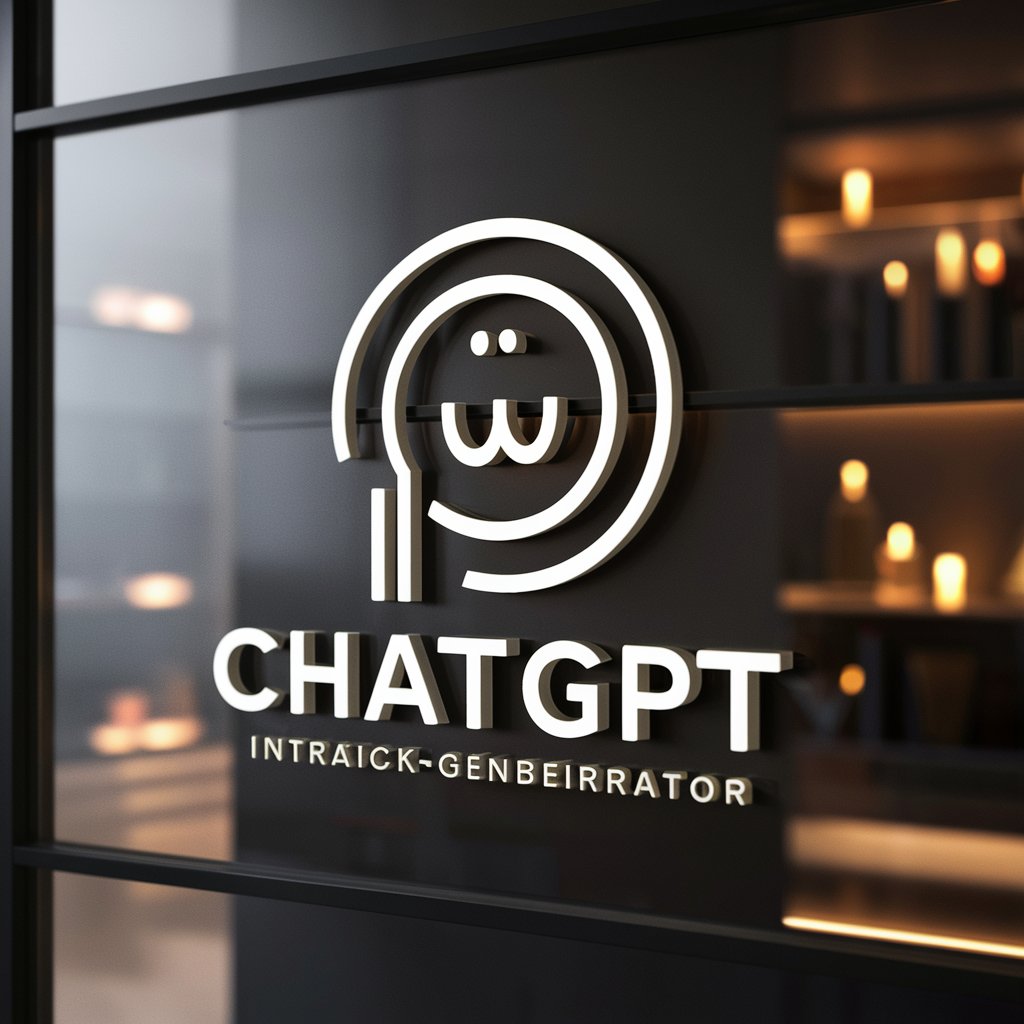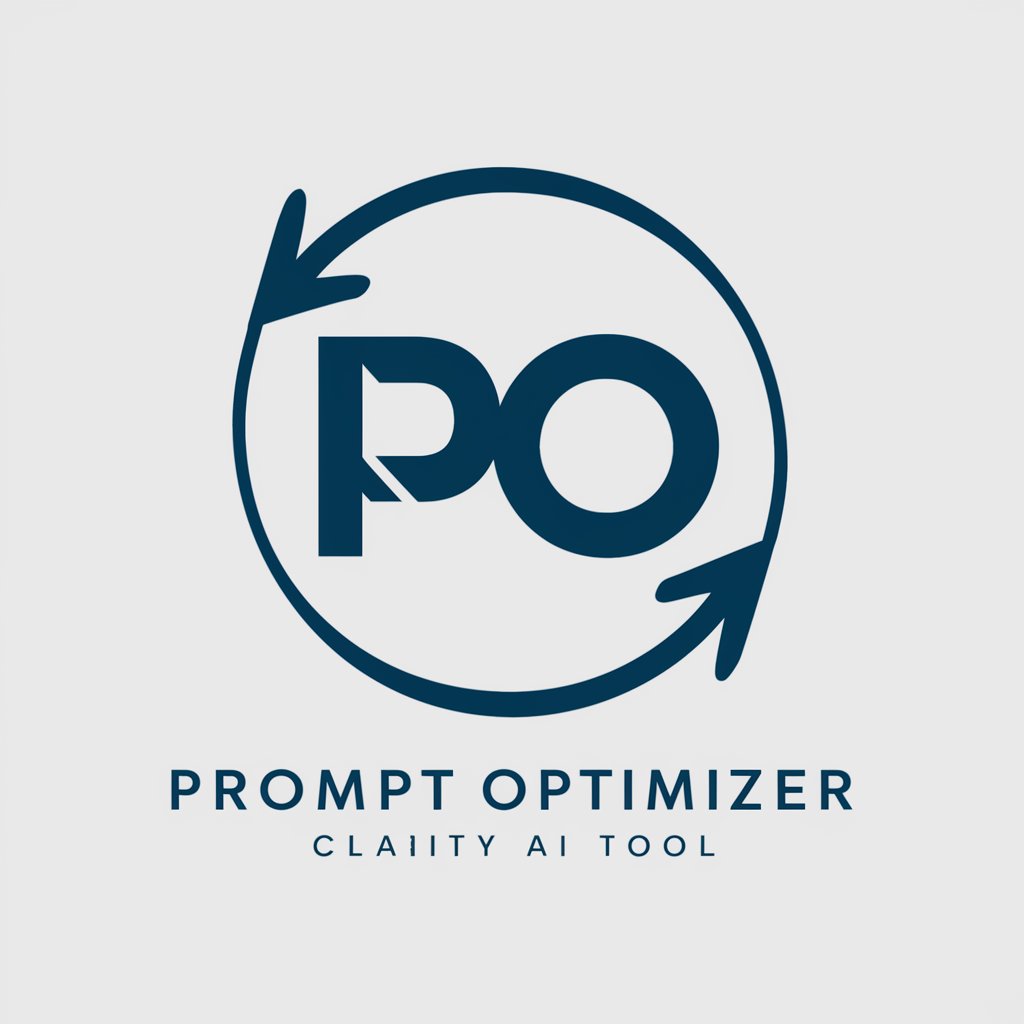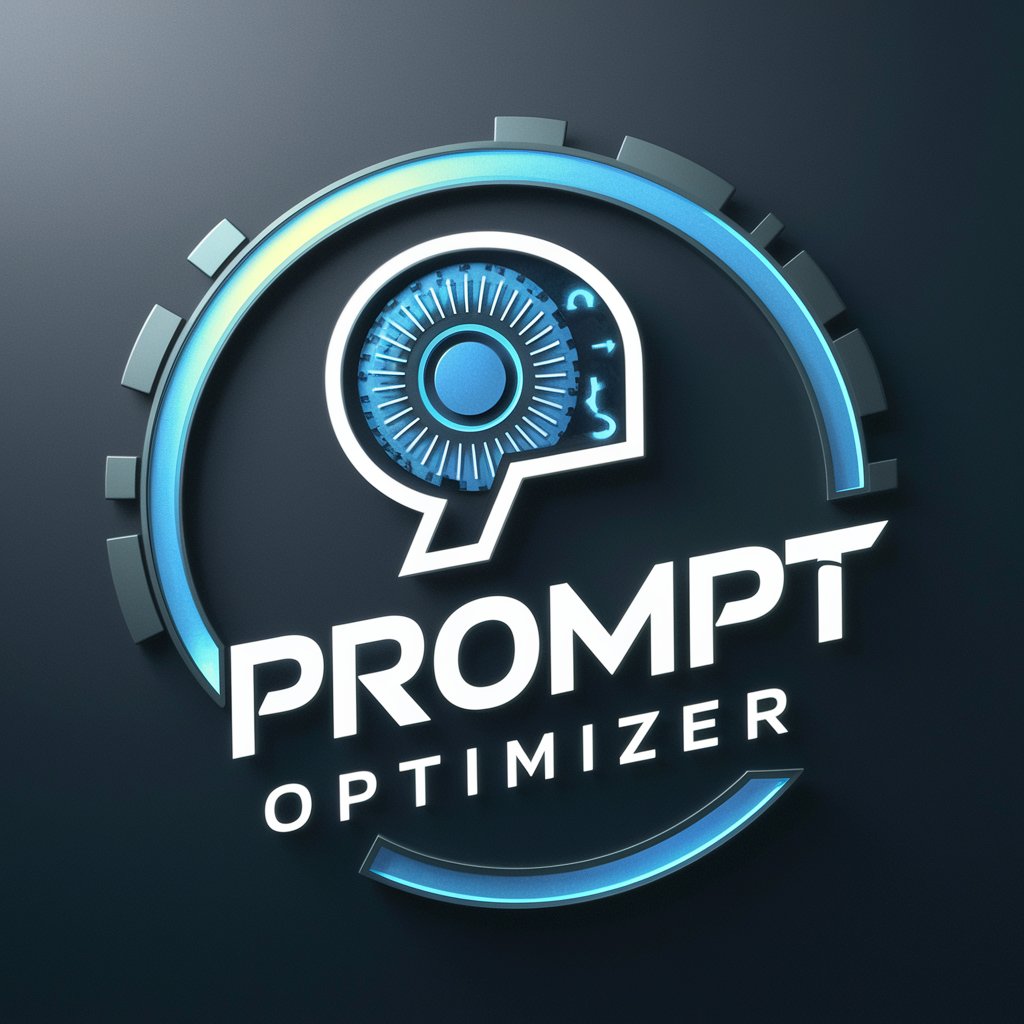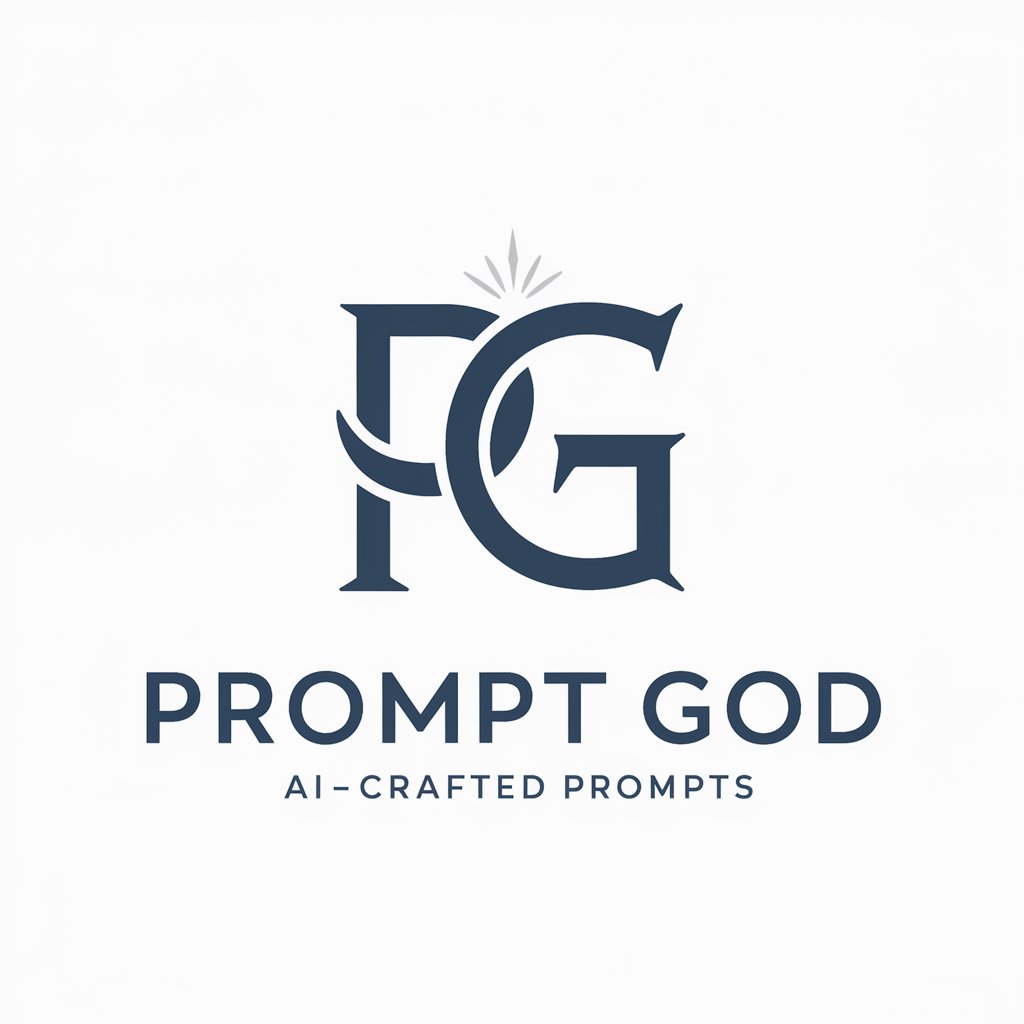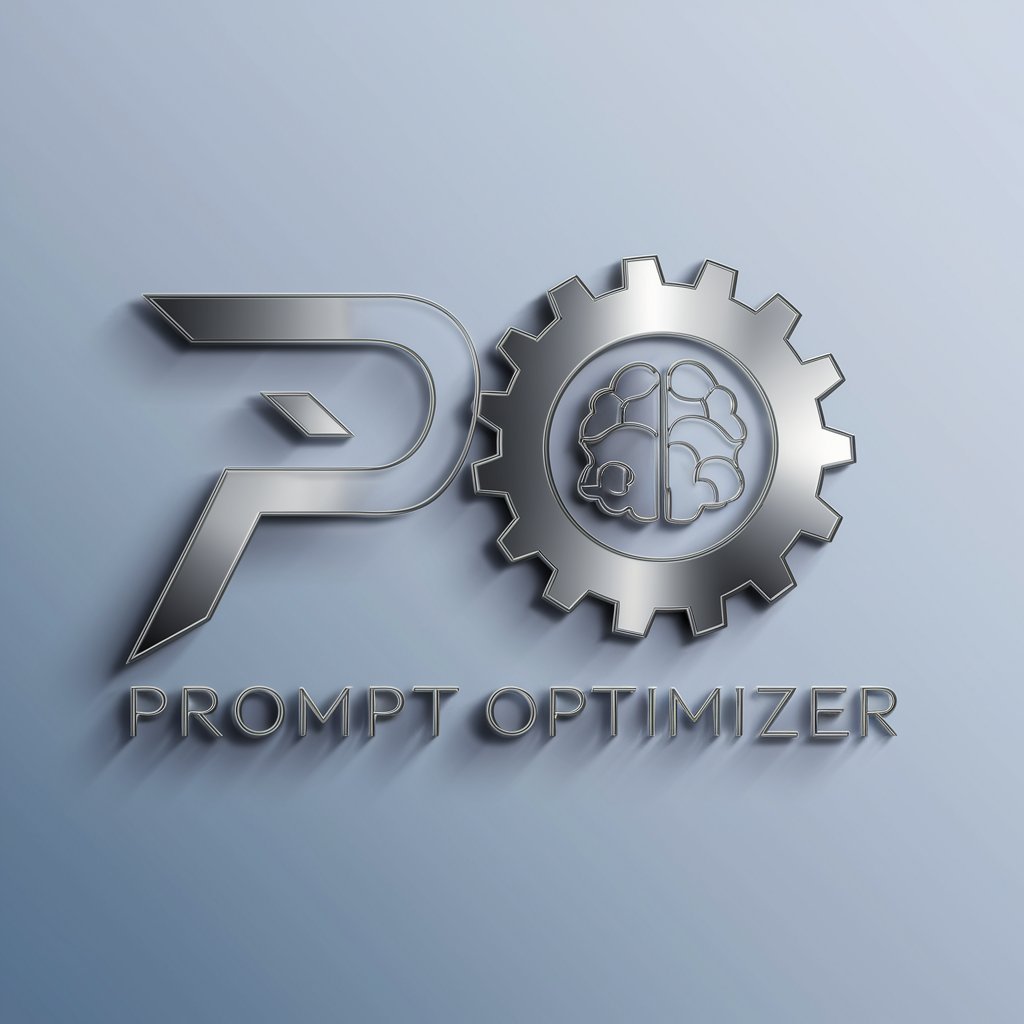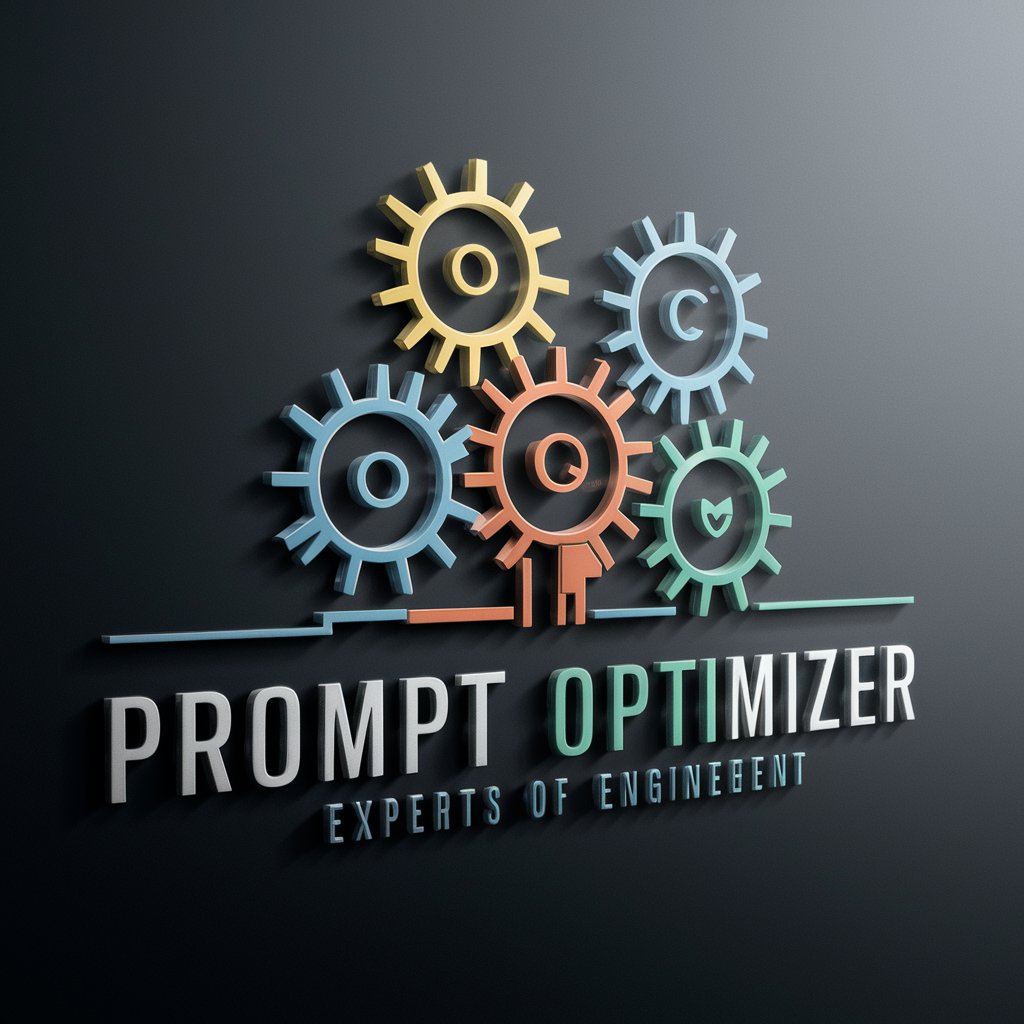
Iterative Meta-Prompt Optimization
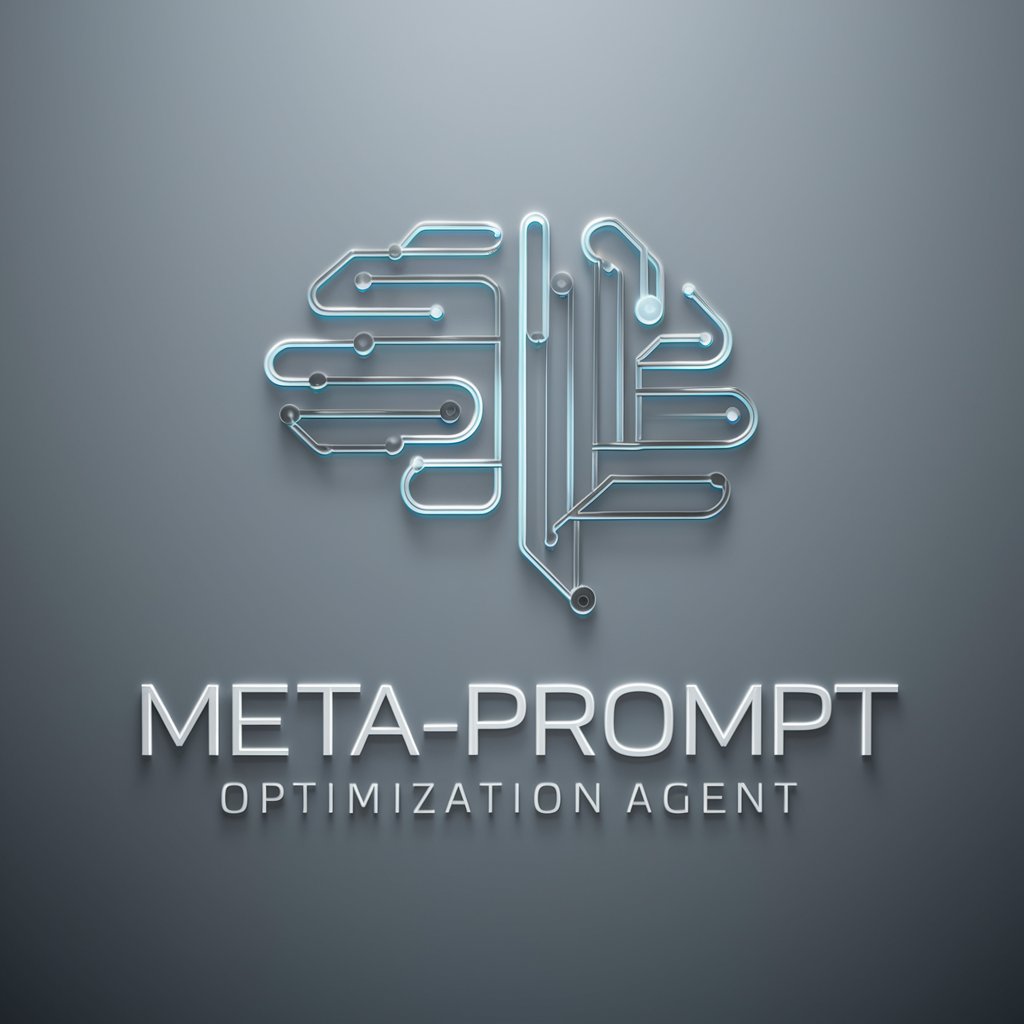
Welcome to the Meta-Prompt Optimization Agent!
Optimizer for complex and creative meta-prompts.
Design a workflow that optimizes meta-prompts by...
Create a system that intelligently refines user input through...
Develop a process for iterative enhancement of AI-generated prompts using...
Implement a smart chain of tools for advanced AI prompt optimization focused on...
Get Embed Code
Understanding Iterative Meta-Prompt Optimization
Iterative Meta-Prompt Optimization is an advanced AI workflow designed for refining and enhancing meta-prompts. It utilizes a combination of user input analysis, contextual research, creative enhancement, and iterative refinement to produce highly optimized prompts. This process is particularly useful in complex scenarios where standard prompts may not be sufficient, enabling more accurate and contextually relevant AI responses. It involves a 'smart chain' of AI tools, including Python for analysis and enhancement, and a browser for contextual research. Powered by ChatGPT-4o。

Main Functions of Iterative Meta-Prompt Optimization
User Input Analysis
Example
Analyzing a meta-prompt about generating creative writing ideas.
Scenario
A user provides a prompt for generating science fiction story ideas. The system analyzes this input to understand the specific requirements and themes.
Context and Background Research
Example
Researching current trends in science fiction literature.
Scenario
The system uses its browsing capabilities to gather information on recent popular topics in science fiction, aiding in the creation of relevant and timely prompts.
Creative Meta-Prompt Enhancement
Example
Enhancing a prompt to include elements of popular science fiction themes.
Scenario
Based on the research, the system creatively modifies the original prompt to include elements like artificial intelligence, space exploration, and dystopian futures.
Iterative Refinement
Example
Refining the prompt based on user feedback for more specific themes.
Scenario
After receiving feedback that the user wants to focus on time travel themes, the system refines the prompt to align more closely with this requirement.
Ideal User Groups for Iterative Meta-Prompt Optimization
Content Creators and Writers
These users can leverage the system to generate unique and contextually rich writing prompts, aiding in overcoming creative blocks or exploring new genres.
Researchers and Academics
For those requiring complex queries and research-based prompts, the system can provide in-depth, nuanced prompts that align with specific academic or research needs.
Business Professionals
Professionals needing to generate business-related prompts, such as market analysis or product innovation ideas, would find this system particularly beneficial for its ability to synthesize complex industry data into actionable prompts.

Guidelines for Using Iterative Meta-Prompt Optimization
1
Visit yeschat.ai for a free trial without login, also no need for ChatGPT Plus.
2
Familiarize yourself with the tool's interface and features. Explore documentation or tutorials available on the website to gain a better understanding of how the tool works and its capabilities.
3
Prepare your meta-prompts. Clearly define your objectives and gather any necessary data or context that the tool might need to optimize your prompts effectively.
4
Interact with the tool by inputting your meta-prompts. Use the feedback and results from the tool to refine your inputs iteratively for better outcomes.
5
Apply the optimized prompts in your intended application. Evaluate the results and return to the tool for further refinement if necessary.
Try other advanced and practical GPTs
Image Watermark
AI-Powered, Customizable Image Watermarking

Search Multiplier
Explore More, Search Smarter

Hello Novel
Empowering Your Writing Journey with AI
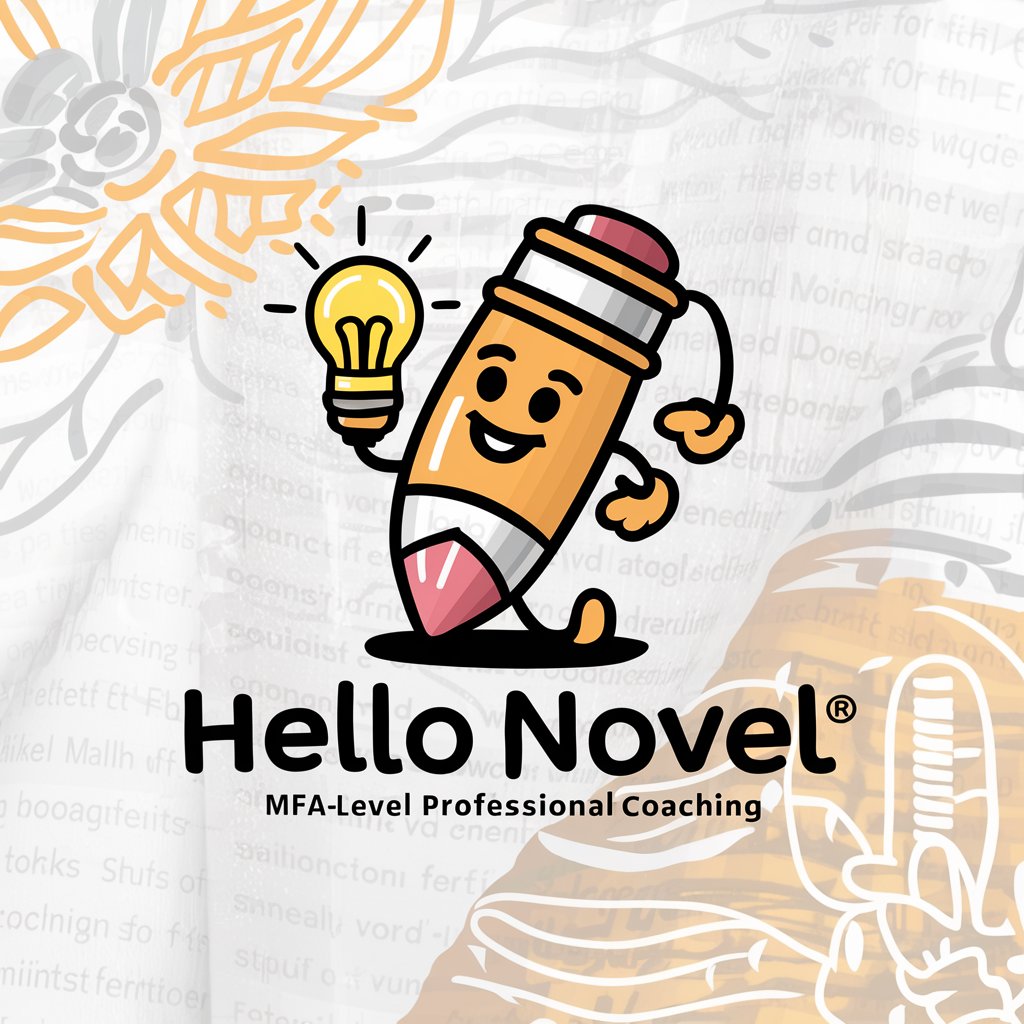
Voynich Assistant
Deciphering History with AI

Syllabus Builder
Crafting Tailored Educational Pathways

Blueprint Intent
Empowering Conversations with AI Intelligence
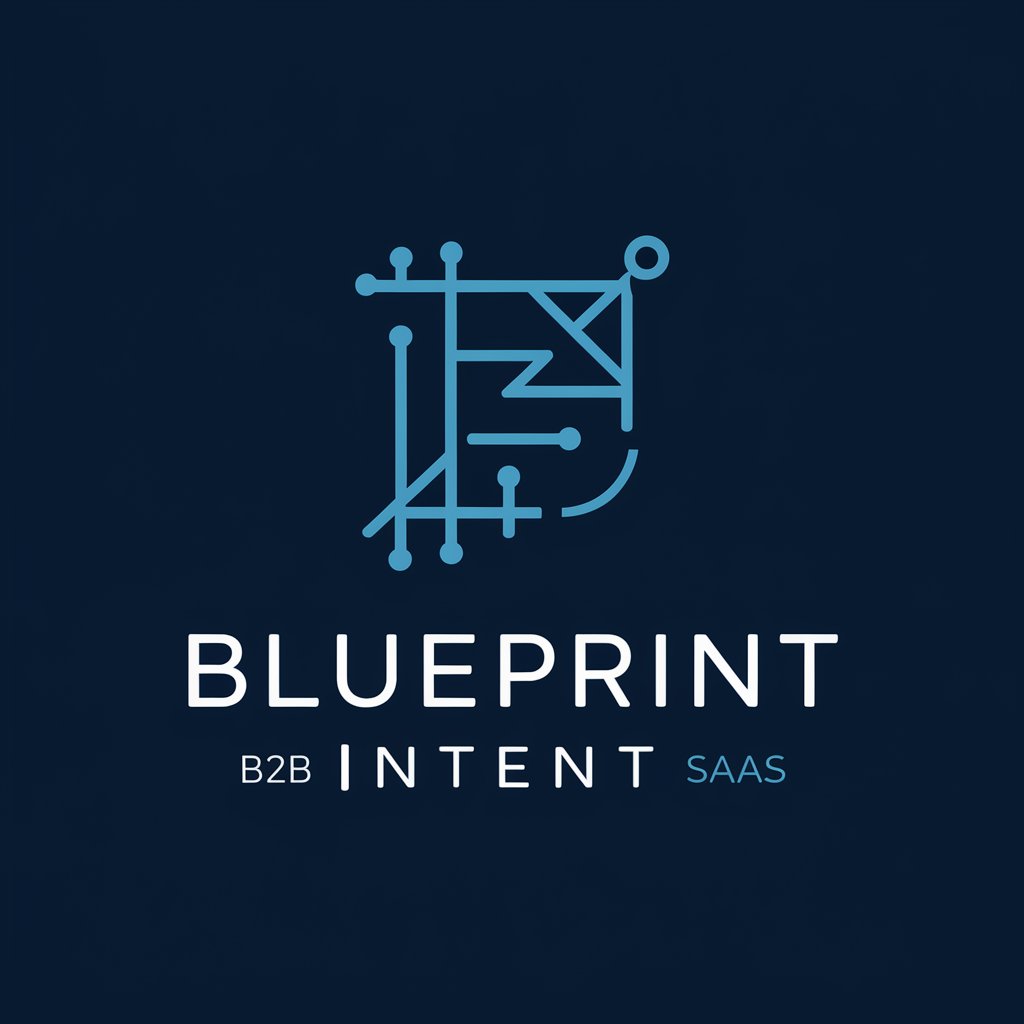
Cybersecurity Data Bot
Empowering cybersecurity analysis with AI

Short-Form Writer
AI-Powered Precision in Every Word
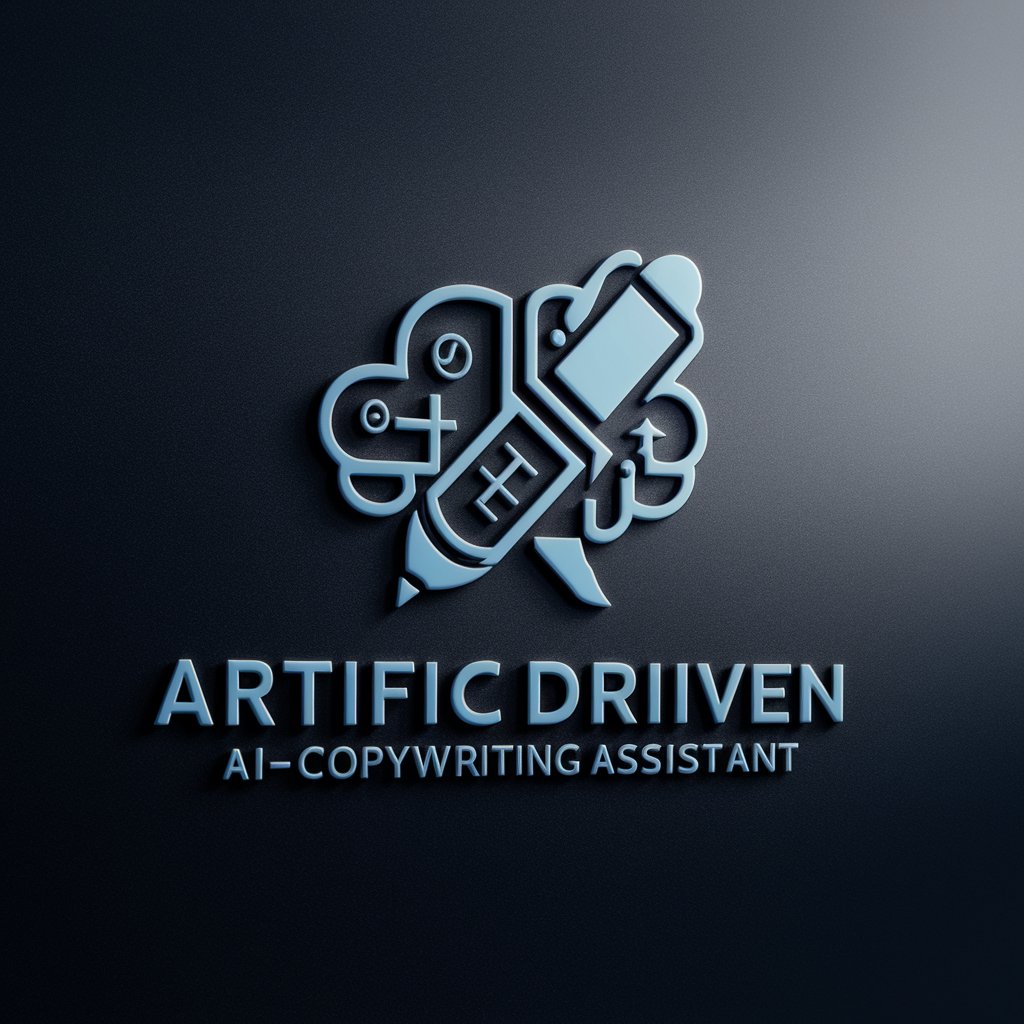
HACKIT Security Researcher
Empowering Cybersecurity with AI Expertise

Chat Overflow
Expanding Knowledge Through Community Collaboration
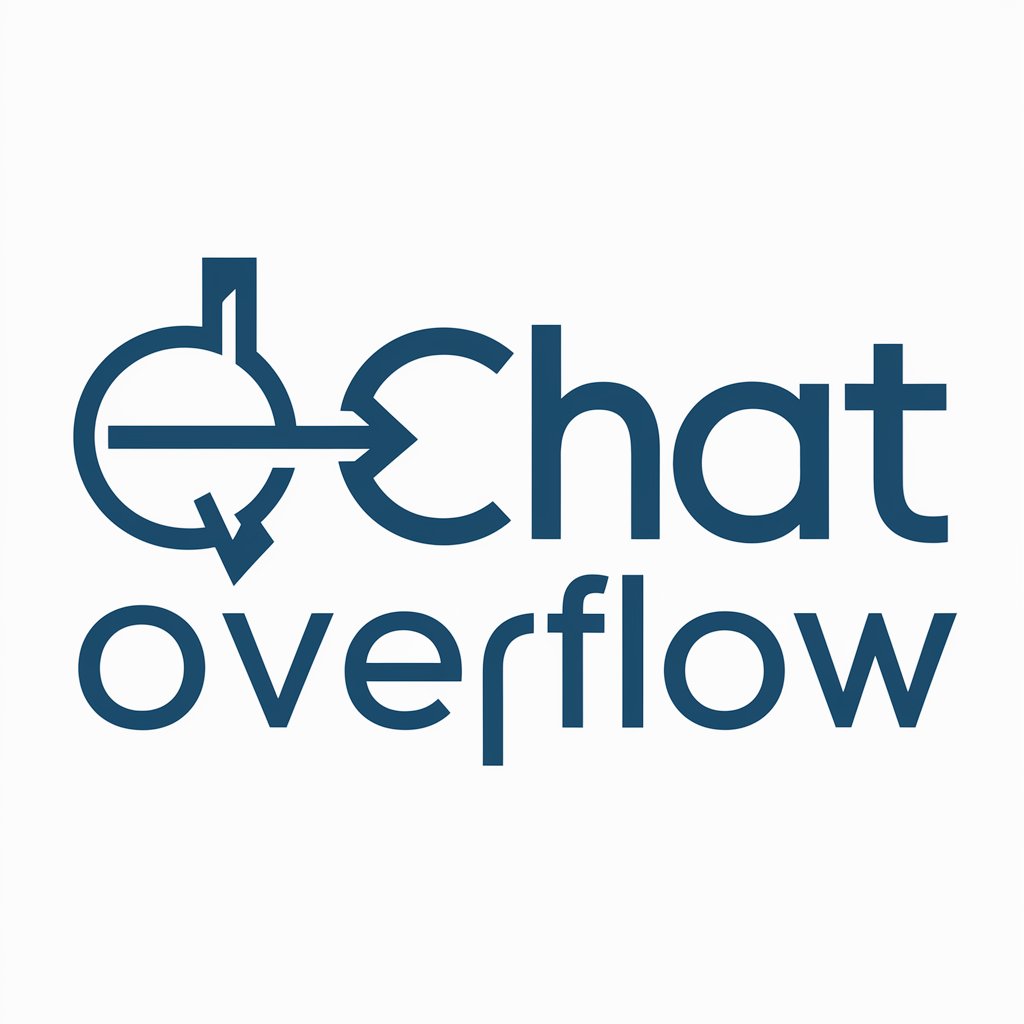
GitMaxd’s Onboarding Email Generator
Elevate Onboarding with AI-Powered Emails
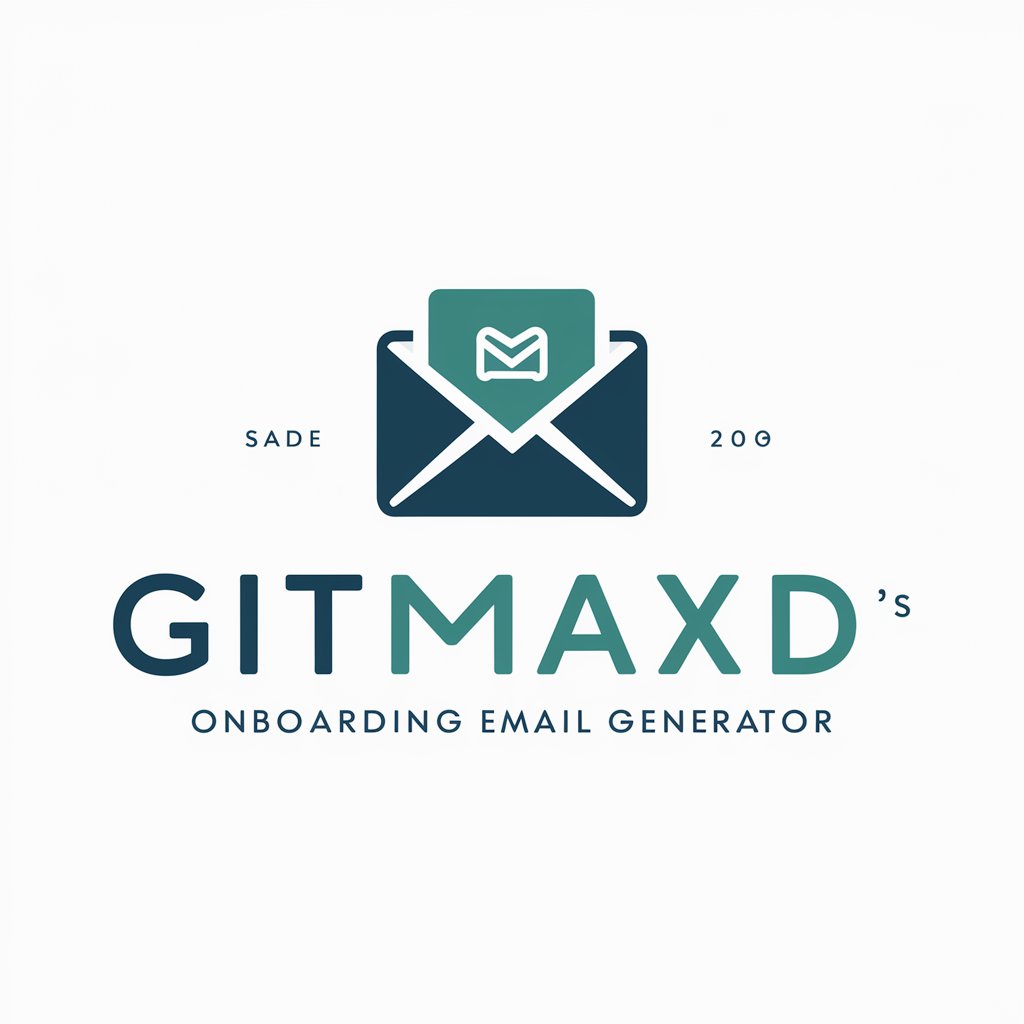
Therapist GPT
Empathetic AI for Your Mental Wellness
